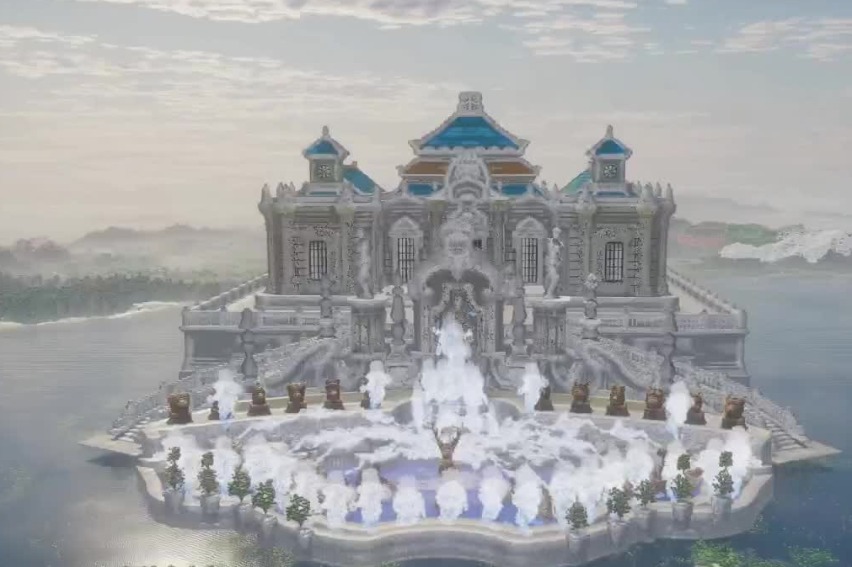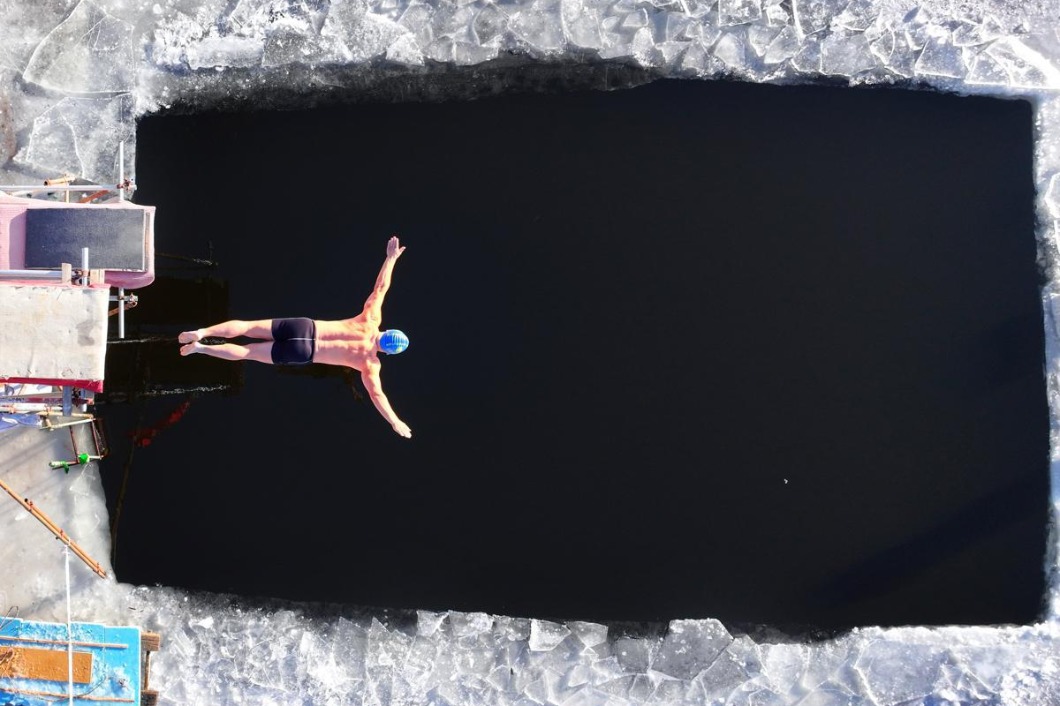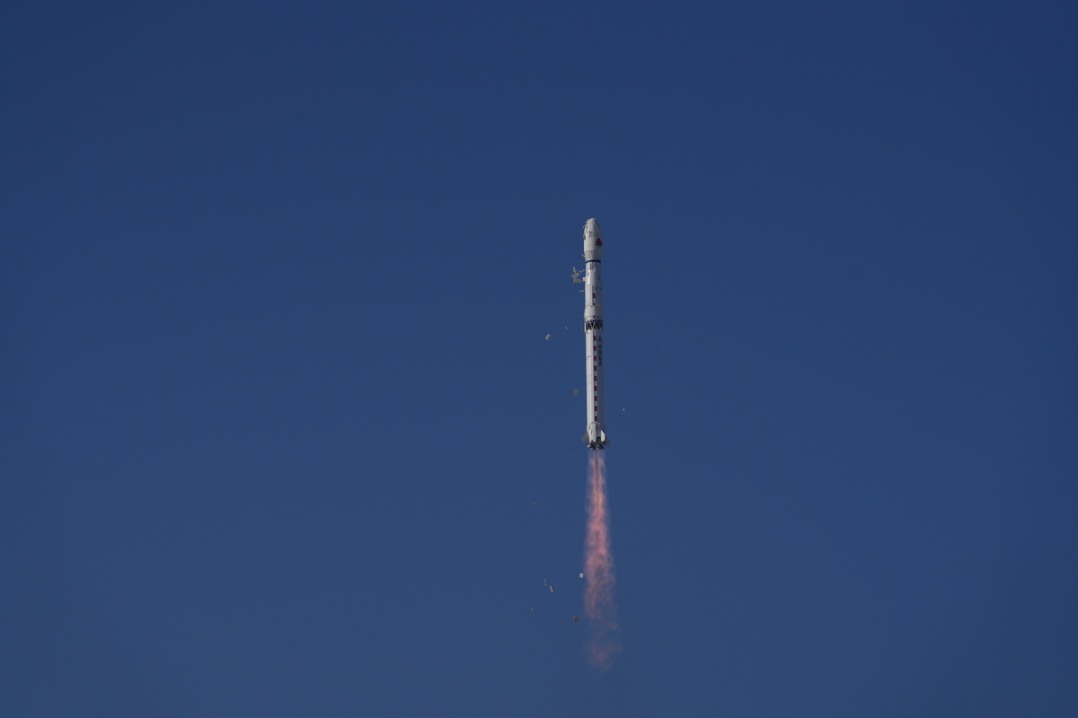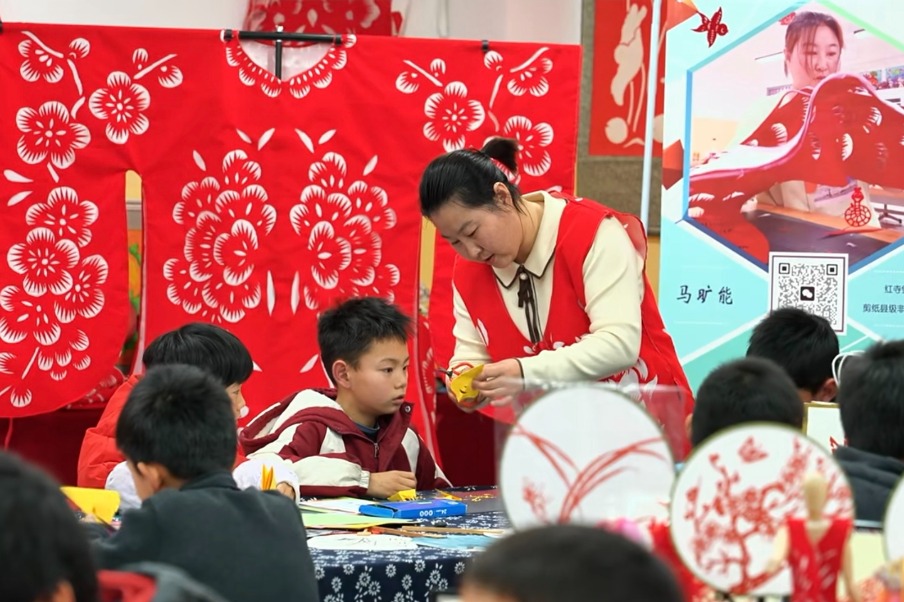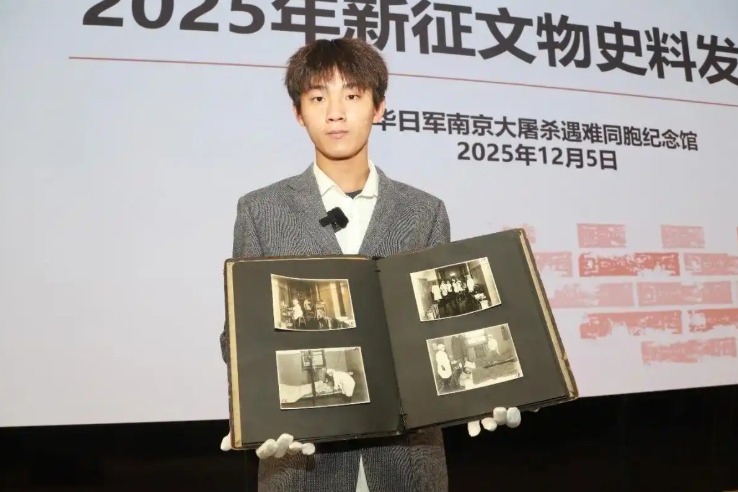Nation hails a pioneer of the nuclear industry


"I've always joked that I am a coward. Actually, in the face of nuclear fuel, I keep awe and reverence in my heart, so I can do my job," said Qiao Sukai, a 47-year-old maintenance engineer with China General Nuclear Power Group who pioneered the repair process for submerged nuclear fuel rods in China.
When it opened in 1994, the Daya Bay Nuclear Power Plant in Guangdong province was the first nuclear power station to go into commercial operation on the Chinese mainland.
As one of the first employees, the 20-something Qiao was a recent graduate of the Linfen Vocational Institute of Electric Power in Shanxi province. He was delighted to join the station's maintenance team.
"It was just a work site under construction when I was recruited with 13 other engineers," he said. "At the time, foreign workers and experts were the main forces behind the station's operations because the equipment had mostly been bought from France and the United Kingdom."
Initially, the foreign experts trained Qiao to fit or replace fuel rods. "The training took four to five years-we learned to take fuel rods out of the cluster, and then, in 2005, I became involved in the repair work," he said.
Qiao said the power units must be shut down for scheduled maintenance every 18 months, which is when damaged fuel rods are repaired.
"Foreign experts used to be in charge of the month-long repair process," he said. He explained that the workers are shielded from the radiation the rods emit if the rods are submerged in a solution of boric acid. That means damaged rods should only be repaired underwater in the cooling pool, but the process requires greater sophistication and more accurate judgment.
"There are 400-plus procedures when repairing clusters of rods. About 200 of those steps are irreversible, so no mistakes can be allowed," he said. "During the repairs, we use a 4-meter-long operating rod to remove the damaged fuel rods."
He stressed that repairing the submerged rods is a very dangerous job. "The outer diameter of the fuel rod is 9.5 mm, while it is only 0.53 mm thick. However, the tiny thing comes under enormous pressure when in operation.
"During the repair process, we are required to replace a damaged rod with one of the same size," he said. "However, a minor error could unlock the radioactive gas in the rod, causing fatal damage to the engineers if they inhale it."
The skills required to repair fuel rod clusters were once the monopoly of foreign countries, and those skills came at a high price.
"About 10 years ago, foreign companies arrived to promote their service packages for repairing fuel rods underwater," Qiao said. "Few Chinese had the requisite skills at the time, but the price was exorbitant for all the equipment and services combined."
As a result, in 2008, Qiao and his team decided to develop their own equipment to conduct the repairs.
"The process lasted about 10 years and was full of frustration. In 2016, when we finally made the prototype, we discovered a grave mistake in the design. We had no choice but do it over again," he recalled.
"Then, in early 2017, we started simulating underwater repairs with the redesigned prototype. Finally, in February last year, we completed the first successful underwater repair using the machine we had designed. It cost only one-third of the price of those made by the foreign company."
The technology mastered by Qiao and his team has been recognized as filling a technical blank in nuclear fuel cluster maintenance for commercial power stations. The team has successfully completed more than 140 missions to replace fuel rods at 22 power stations across the country. Its safety record is unblemished.
In January, the All-China Federation of Trade Unions and China Central Television named Qiao as one of 10 winners of the 2018 China Craftsmen award in recognition of his endurance and enterprising spirit.
"I never think I am doing something great or important, but I value my job and take great care when doing it," he said. "A nuclear rod is like a real person-it needs love and care, but also respect."
- Stanford University economist praises progress in China's rural health system
- China's Red Cross boasts 3.5m registered volunteers and 34,000 service organizations
- Chinese gamer recreates Old Summer Palace in Minecraft
- Taiyuan ski resort reflects thriving ice-snow economy
- Lhasa's dancing yak mascots become online sensation
- China's postal services deliver 12.9% growth in Jan-Nov
















